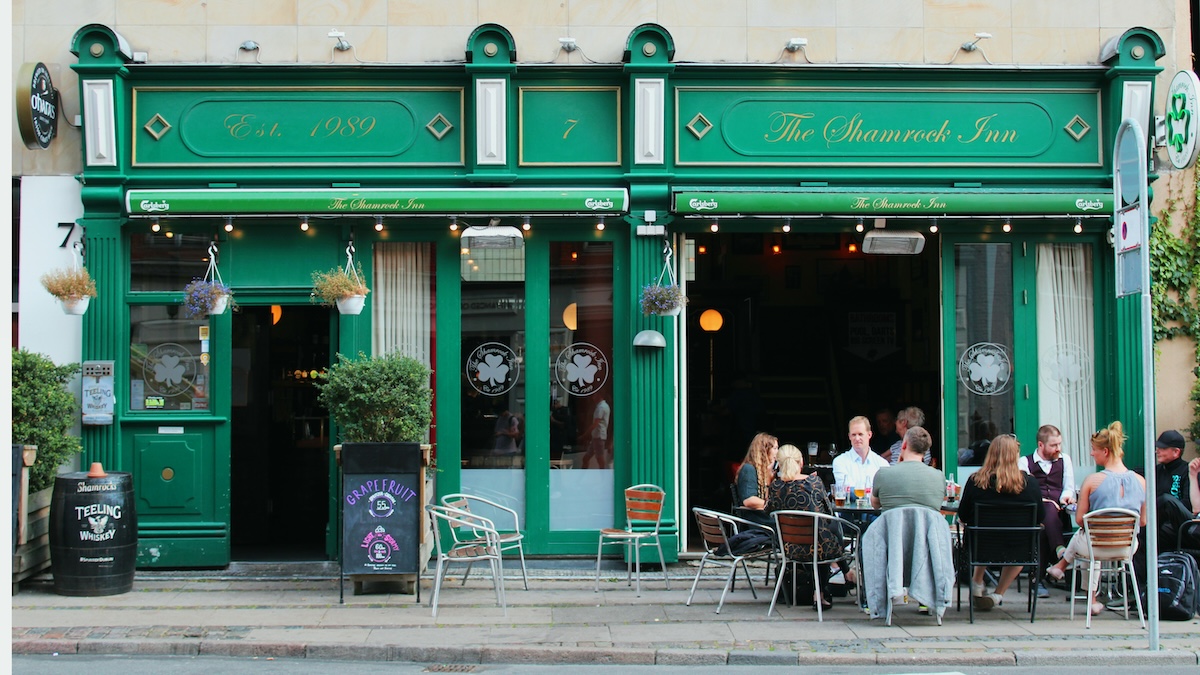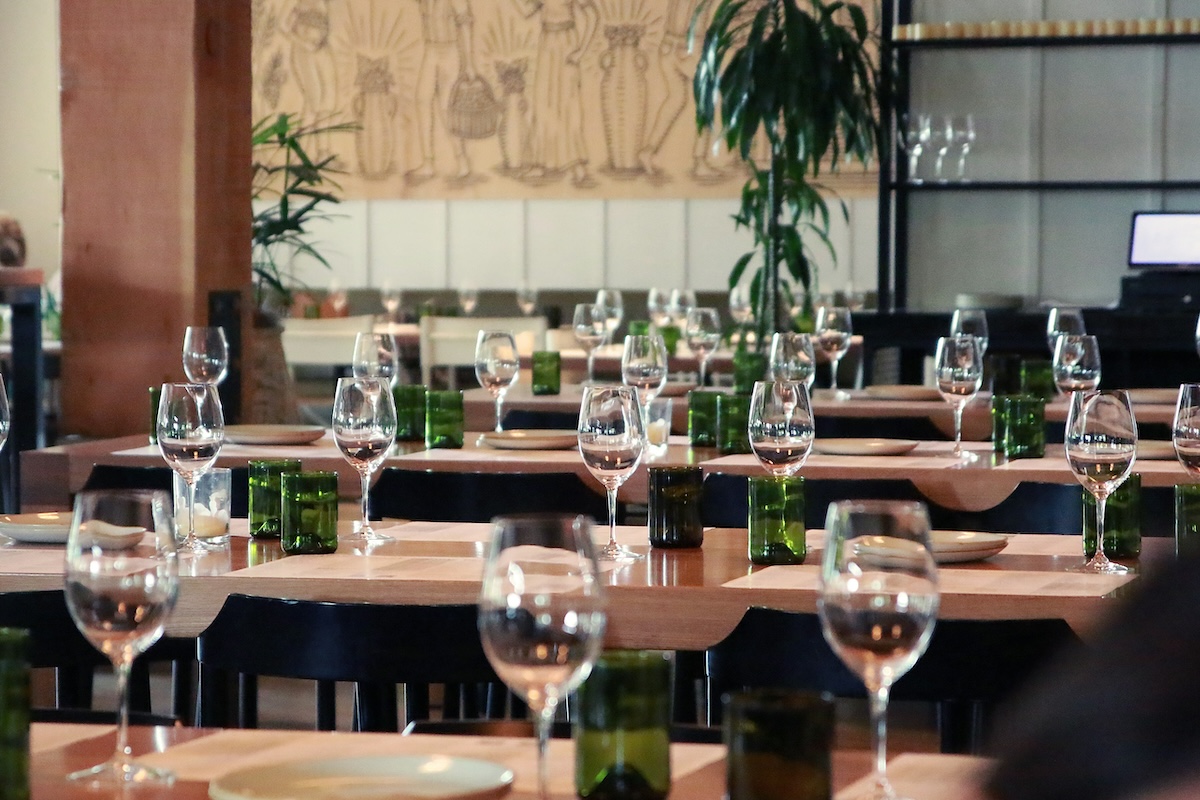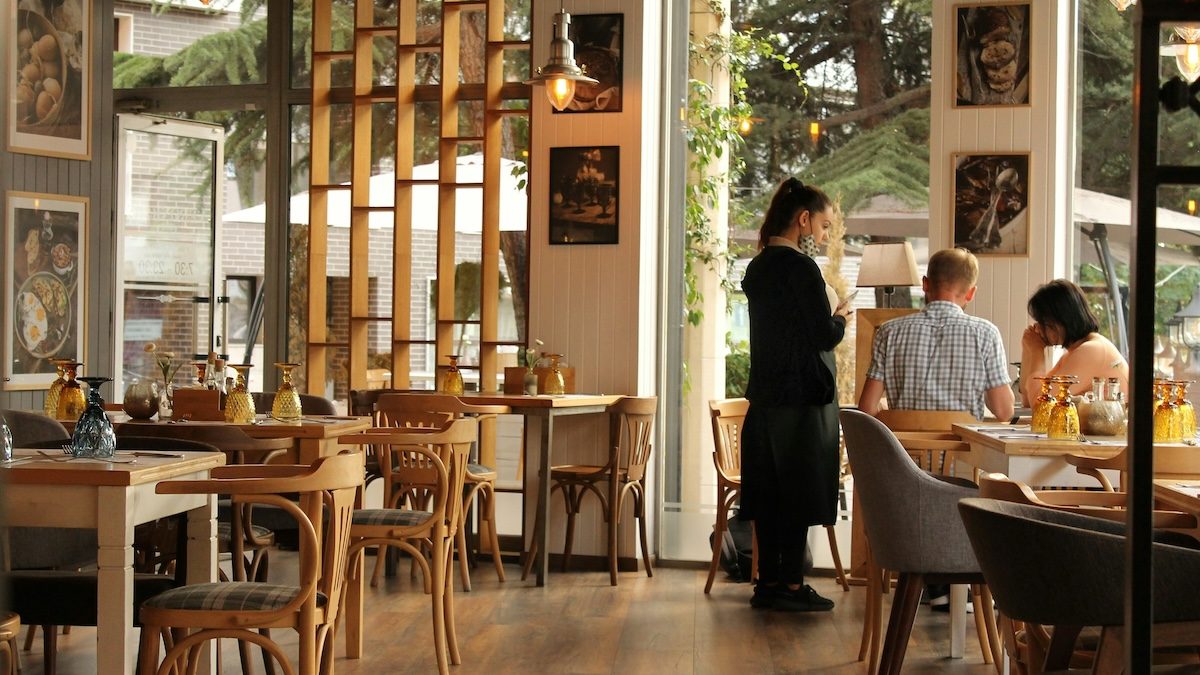News / Sponsored
Key Restaurant and Hospitality Trends Shaping Bristol and Beyond
Bristol has always been a step ahead when it comes to shaping the restaurant and hospitality industry, particularly in the UK. In 2022, the vegan restaurant The Canteen became the first restaurant in Britain to include carbon emissions on its menu.
The initiative allowed diners to see the carbon footprint of the specific items they ordered. That means guests could see how their decisions influence carbon emissions. They could even make an impact by simply avoiding meals with the highest footprint. Restaurants would be forced to switch to more sustainable offerings.
Though the impact wouldn’t be significant if only one restaurant did this, The Canteen showed what could be possible if more establishments followed in its footsteps.
But that was in 2022. What hospitality trends are currently shaping the Bristol dining experience today? Here are the top ones.
Sustainable and Ethical Sourcing of Produce
Consumers are pushing businesses to adopt sustainable and ethical practices. This is one of the reasons why even The Canteen went to the extent of including the carbon footprint of their offerings in the menu. The initiative was partly inspired by the “Carbon, not calories” movement, where people were demanding that the public start paying attention to carbon footprint, not just the calories they consume.
Including carbon emissions in the menu was one effective way to show how everyday food decisions influence emissions and the climate at large.
But that’s only one part of the sustainability story. More Bristol restaurants are turning to local sourcing. Instead of importing produce that must travel long distances and leave behind significant emissions, a growing number of restaurants are now buying from local farmers.
Restaurants like Wilsons have even gone as far as growing their own produce. Many others are also rethinking their energy use – installing electric outdoor patio heaters instead of traditional gas models to create warm, inviting terraces for diners even during Bristol’s cooler months.
Seasonal menus is another trend that’s also proving to be significant. Restaurants change their menus to align with what is in season. That means they don’t have to import items just so they can keep out-of-season items on the menu.
But if restaurants are to make a significant impact, then they’ll need to make sure their partners are also adopting sustainable and ethical practices. That’s why more hospitality businesses in Bristol and beyond are now asking for written commitments from farmers and other suppliers.
They’re keen to partner with farmers and producers that prioritise regenerative farming and maintain high animal-welfare standards. Some of these restaurants even publish the details and policies of their producers and supply chain partners.

Open table – Image: Seene Online
A New Urban Hospitality Destination
Bristol’s commitment to blending culture, sustainability and memorable hospitality experiences is perhaps best seen in new projects like City Green at Brabazon. Here, independent cafes, landscaped green spaces and lakeside dining are reimagining what it means to live and dine in the urban heart of Bristol.
Guests explore art exhibitions, attend arena events, and enjoy a dynamic food scene – all only steps away from transport links and accommodations. This destination showcases Bristol’s drive to set new standards for contemporary hospitality and city living.
Growing Importance of Experiential Dining
Younger generations, which include the Gen Z and Millennials, value experiences. Hospitality businesses have had to rethink their offerings to align with this trend.
That’s how experiential dining has grown so popular.
The modern diners gravitate towards restaurants and hotels that deliver multi-sensory experiences. The best part is that there are no limits to how creative restaurants can be in delivering such experiences.
Consider Six By Nico as an example. The restaurant offers a six-course tasting menu that changes every six weeks. Each tasting menu is inspired by a specific theme, concept, or destination. There’s always a story behind each menu, and this is what keeps the customers intrigued.
It doesn’t have to be super complicated either. A live band, comedy show, or art exhibition can make a huge difference in the overall dining experience.
For example, The Bristol Fringe hosts all types of events from live music to magic shows. These events have been instrumental in attracting customers to the pub.

Open table – photo: Seene Online
The Rise of Non-Alcoholic Beverages
Millennials and Gen Z drink less alcohol than previous generations. In fact, reports show that Gen Z drink 20% less than Millennials, who also drink less than the older generations.
That is significant because data from NielsenIQ also estimates that, by 2025, 65% of the global population will be made up of Millennials or younger. Businesses must provide non-alcoholic alternatives if they want to attract the younger generation.
That’s exactly what restaurants like Wilsons are doing. Wilsons offers a decent selection of home-made non-alcoholic beverages. These beverages are made from fruits, herbs, and flowers grown within their own market garden.
Low-ABV (alcohol by volume) drinks are also growing in popularity. These are a good alternative for guests who still want the old ritual of having a drink but would prefer not to experience the heavy effects of alcohol.
Using Technology To Enhance the Guest Experience
Bristol restaurants have also been at the forefront in taking advantage of the latest advancements in AI and machine learning to enhance the dining experience.
For starters, most businesses in the hospitality industry are using the technology to understand their guests and deliver personalised experiences.
They can remember customers’ past orders and recommend the right meals the next time they place an order, for example. Hotel and restaurant systems are also using data analytics to understand customer behaviour. The insights are then used to help with demand forecasting and suggesting the right product pairings. For instance, the systems can show customers what wine most other diners take alongside a particular meal.
In addition to using AI for enhancing guest experiences, AI-powered security cameras and CCTV have become crucial in UK hospitality venues, including many in Bristol. These intelligent surveillance systems monitor premises in real time, improve safety by detecting suspicious behaviour and also provide valuable recorded footage for incident review. This integration of AI and CCTV technology helps restaurants and hotels protect both guests and staff while deterring crime effectively.
That’s all brilliant, but what about a simple tech that has helped make one of Canary Wharf’s restaurants a sustainable, zero-waste establishment? We are talking about the aeropanic wall inside the Roe restaurant.
The aeropanic wall is essentially a growing wall. The restaurant grows some of the herbs and greens they need for their dishes on this wall. The wall is fitted with pumps and filters that keep the plants fed with nutrients and water. The restaurant owners also introduced a predatory system to fight the bugs and green flies that the growing wall attracts.
Several other restaurants have adopted the wall-to-plate technology that allows them to grow some produce on vertical walls within their establishments.





















